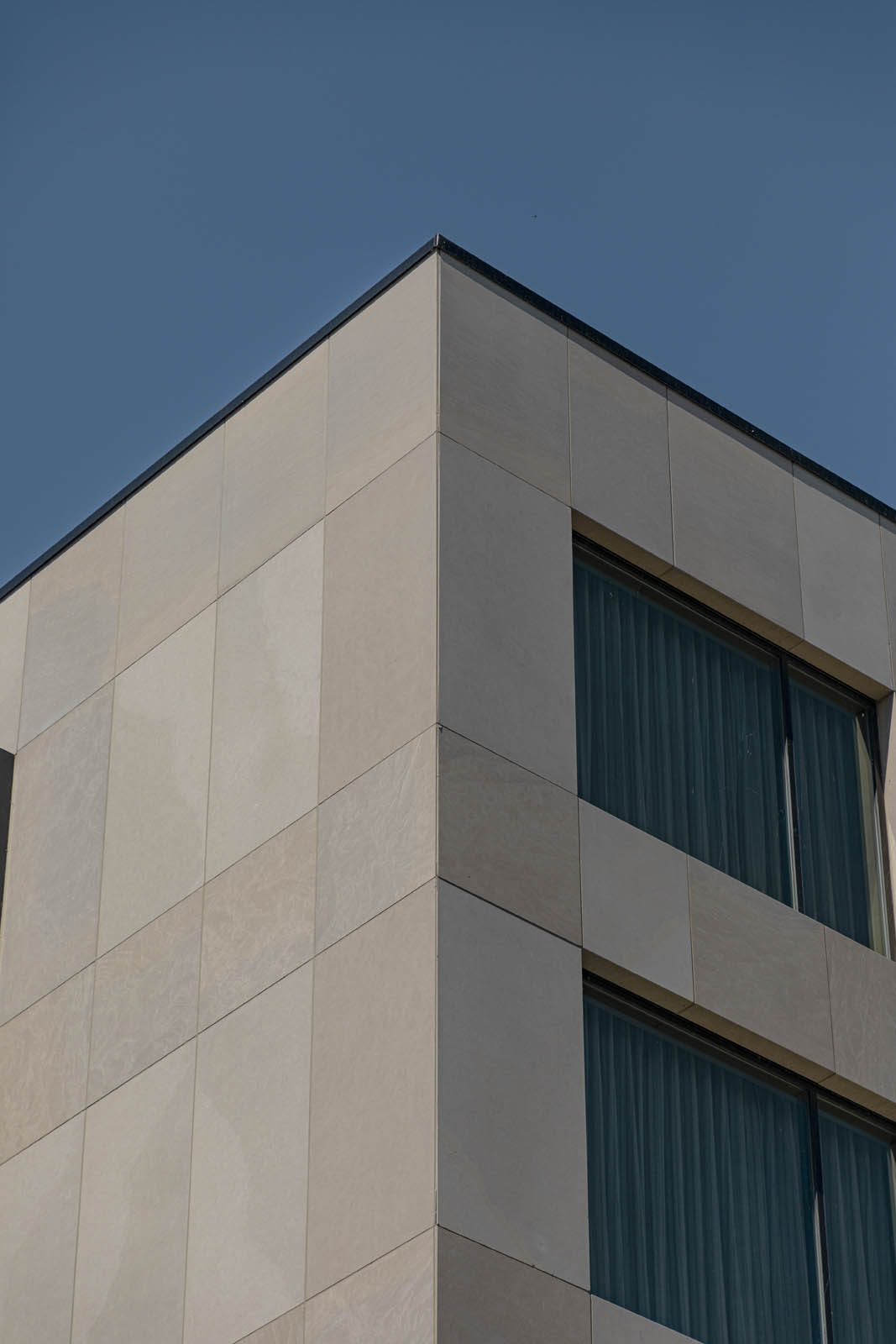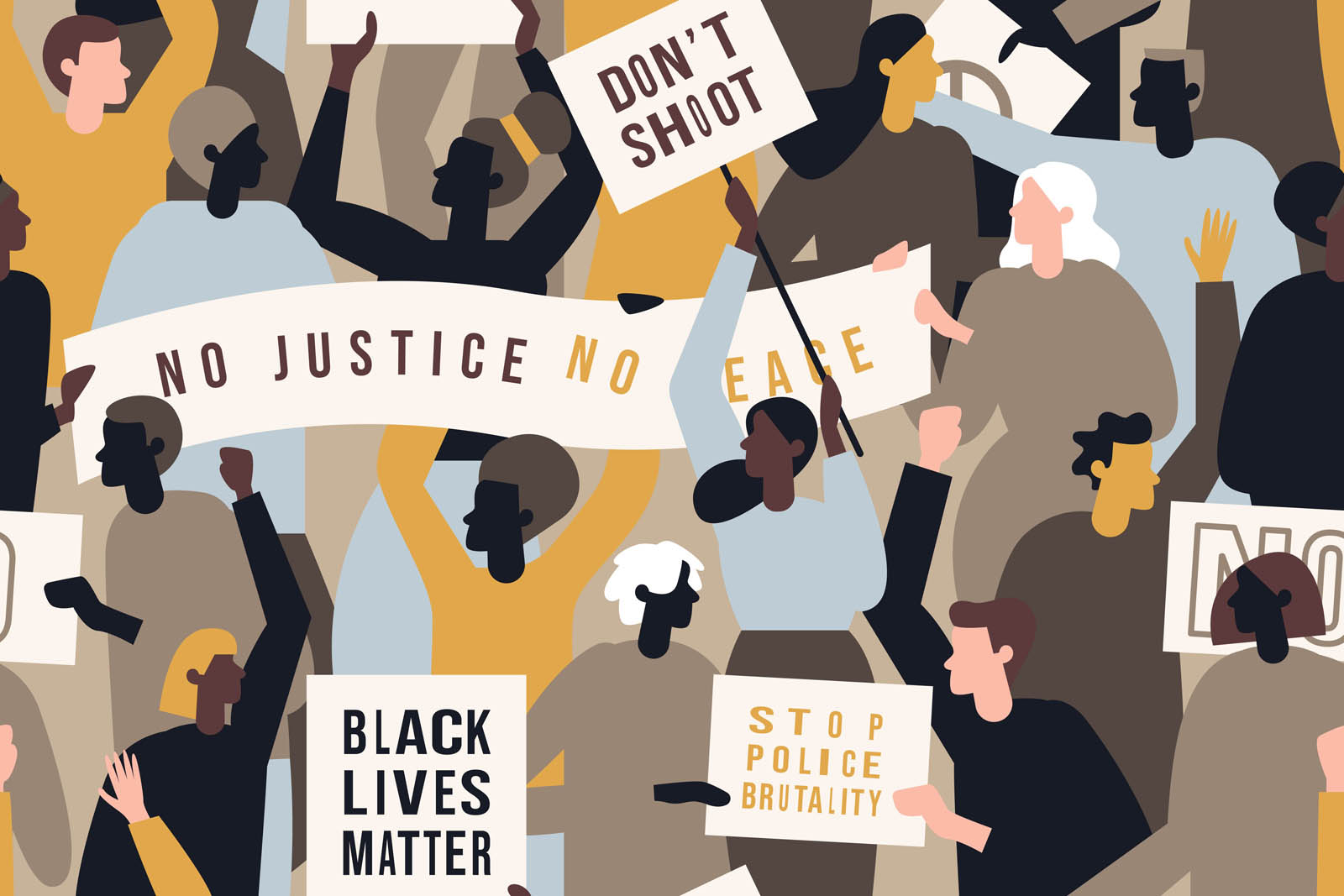
While we’ve seen the corporate responses to the more recent demonstrations related to police brutality and the Black Lives Matter movement, one must consider the impact on the nation’s youth. Kids have noticed the tension and anxiety even if they’ve only caught snippets of the news. Black kids are particularly vulnerable to systemic racism directly impacting them. Experts share that talking about race and racism with children at a young age is the best way to avoid misinformation and miseducation while encouraging inclusion and equity for all.
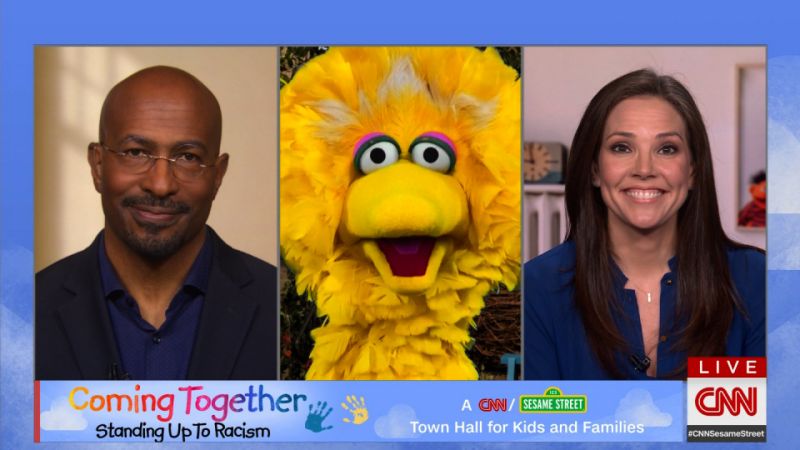
Need a place to start? National Geographic has created this great resource for parents on how to raise an anti-racist child. NBC offered a virtual discussion entitled “Growing Up Black: Families Confronting Racism,” and CNN teamed up with Sesame Street for a town hall on “Coming Together: Standing Up to Racism.” There’s also a litany of media that embraces diversity, which not only encourages youth to have empathy for those different than them, but it’s also what kids want! Check out shows highlighted on this list from Common Sense Media. There’s plenty of topical book lists out there, but three top picks are: We Rise We Resist We Raise Our Voices, This Book is Anti-Racist, and Ghost Boys.
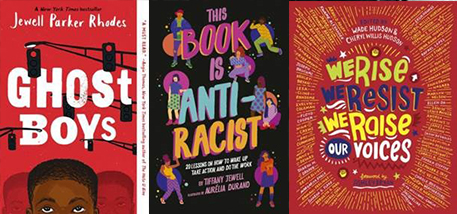
Responses from companies who create products for young people did catch youth’s attention with Nickelodeon’s 8 minute and 46-second commercial honoring George Floyd, Disney’s PSA, and Sony postponing a PlayStation 5 games release event, replacing it with an opportunity for conversations about recent events. Consistent anti-racism messaging from Nike, as well as Ben and Jerry’s, show youth how the brands can be relied on for their unchanging stances on social issues. Lego made moves by not only making monetary donations to nonprofits dedicated to racial equality but also by removing marketing for their toy sets based on a police theme.
When in doubt, turn to the young people for how to get involved. Eighty-nine percent (89%) of youth agree it’s important to accept people with different racial or ethnic backgrounds.* In Nashville, a group of teens organized a protest where over 10,000 people attended. Younger kids are attending marches across the country, letting their voices be heard and fully grasping the unfairness they are standing against. Ryland Hunt, a 10-year-old and creator of Ryland’s Newspaper explains the issue clearly:
“Black Lives Matter does not mean that non-Black lives don’t matter. But put it this way: If one house in a neighborhood is on fire, you should call the fire department and help save the burning house. All the other houses in the neighborhood matter too, but the one on fire needs help at the moment because that one is in danger. It is like that with Black Lives Matter. Black lives are in danger in our country and need our help.”
As tech-savvy activists, the protesting extends online with youth sharing information on Twitter, Instagram, and TikTok. In 2019, 40% of teens found out about causes of concern from social media.* Even popular online gaming sites allow players to show their solidarity by participating in digital protests.
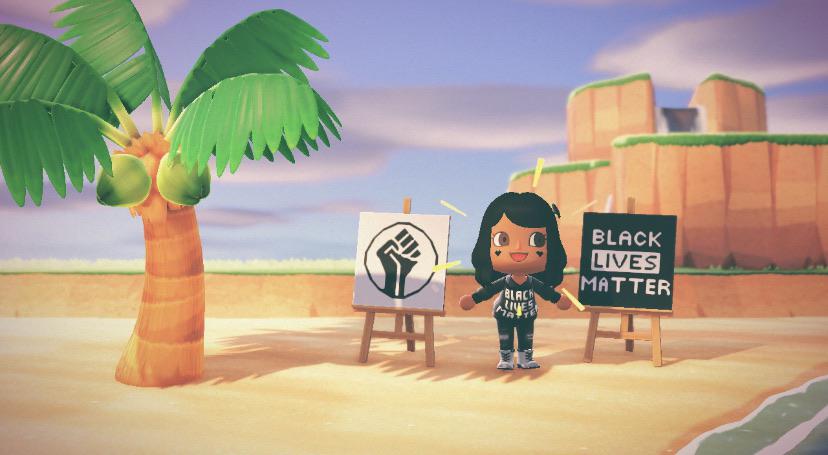
OUR POV:
Today’s youth believe in social good and deserve honest conversations about race and racism. Coming away from the recent outcry for change with knowledge about the issues and understanding the power of activism, young people want action from brands that align with their beliefs.
*Source: YouthBeat Total Year 2019
Make sure to read Part 2 of this blog: The BLM Movement And Youth: Where Are They Now?
explore featured
Case studies
